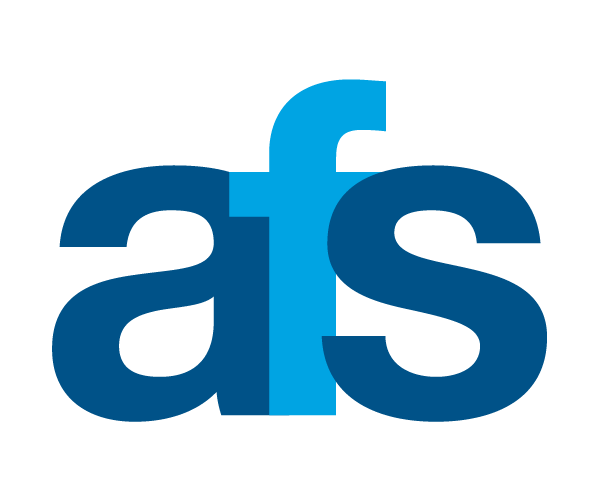PayThink Funerals Present a Distinct Risk For Payment Fraud
One thing that all fraudsters and money launderers have in common is the ability to explore out-of-the-box solutions to stay ahead of fraud prevention or law enforcement services.
This can lead them to find some unique, and arguably immoral, ways to commit financial crime, such as mirroring charities. One recently emerging trend that has come to light during the COVID pandemic is the use of funeral homes or crematoriums to launder money.
While this may sound like an elaborate scheme from a Hollywood production — indeed, funeral home fraud features in the plots of Netflix’s financial crime drama Ozark, and in the 1971 Bond film “Diamonds Are Forever” — there are real-life examples of this type of fraud occurring today, notably the recent Kinahan cartel case in Ireland.
The logic behind this type of scheme is remarkably simple. The cost of funerals, certainly in the U.S., has been steadily increasing, with the average cost of a burial in 2019 being close to $7,500, and the average cost of a cremation rising to over $5,000 in the same year, according to the U.S. National Funeral Directors Association.
Factoring in things like personalized coffins or high-end urns, the cost of a funeral can easily exceed $10,000. This makes it much more appealing than many of the traditional ways of laundering money through petty cash businesses, such as car washes or laundromats, especially if you can clear $10,000 in a single “service.”
As highlighted in other fraud trends this year, when the rest of the world sees a crisis, fraudsters typically see an opportunity. One of the ways to detect fraud or money laundering is to monitor the frequency of transactions — however, due to the COVID-19 pandemic there has been a distinct increase in the need for funerals. My team and I have been able to look into certain aspects of the data to see that there has actually been a 40% increase in the number of U.S. funeral home transactions processed in April 2020 compared to March 2020, which is when the pandemic in the U.S. really began to have an impact on death rates. For many criminals, this is the perfect opportunity to push through the false transactions, so that they get lost amid a genuine increase.
From a fraud prevention perspective, there are several difficulties in detecting and stopping funeral home fraud. First, the idea of investigating the financial aspects of a funeral home can be seen as being immoral or an invasion of privacy. This can be counteracted by putting in specific and targeted rules, but also improving the communication between merchant services providers and the funeral home to explain why these checks may be required.
Second, the cost of funerals can vary greatly, even in similar regions, which makes it hard to determine a specifically calculated industry standard in a particular area. Cultural, financial and even demographic variations in different locations mean that any fraud prevention strategy must be granular — or there must be a sophisticated level of machine learning in place.
Our analysts have been working on a fraud prevention strategy for several emerging trends, including funeral home fraud, and have been monitoring activity in funeral homes during the COVID pandemic. We have noticed a 143% increase in suspicious activity when comparing June, July and August to the previous three months this year. While most of that activity has been cleared, some transactions are still under investigation, which shows the potential risk currently occurring by not monitoring funeral home fraud.
Typically, money laundering has been a cash-based enterprise, as most illegal goods are bought and sold with cash. This led to money launders looking to cash-centric businesses such as carwashes, launderettes, bars or even strip clubs. However, this means they need to carry out a lot of very low-value transactions, which is not practical, nor is it easy to monitor from a fraud prevention point of view.
However, as we continue to move toward a cashless society, fraudsters will be looking for new ways to move large sums of money. This means they will be looking for businesses which charge more and regularly. Businesses with longevity which are capable of laundering larger amounts of money.













